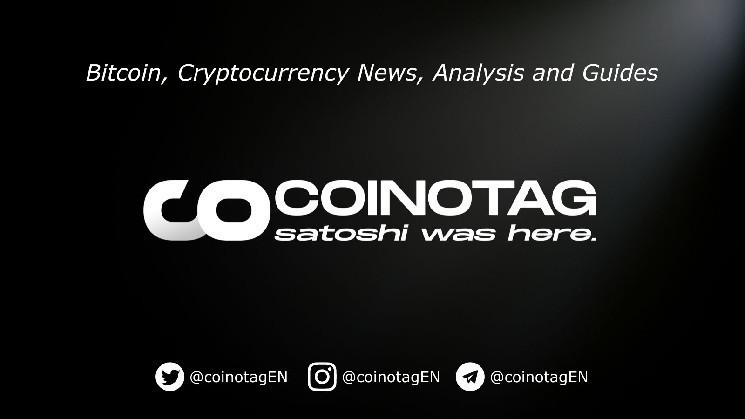- An executive of US-based crypto exchange Kraken is denying previous reports that the company is planning to pull the plug on leading stablecoin Tether (USDT) in the European Union (EU).
- Reports of Kraken reviewing its USDT support come amid concerns that the EU may ban the largest stablecoins – USDT, USDC, and BUSD because they do not comply with the Markets in Crypto-Assets (MiCA) regulations.
- In a statement on social media platform X, Kraken’s global head of asset growth and management business Mark Greenberg dismisses claims that the company is mulling over pulling out support for USDT in its European platforms.
Crypto exchange Kraken confirms continued support for USDT in Europe amidst regulatory uncertainty.
Stablecoin Regulation Challenges in the EU
As the EU gears up to enforce the Markets in Crypto-Assets (MiCA) regulations by December 2024, major crypto exchanges like Kraken are closely monitoring the situation to ensure compliance. The new regulatory framework aims to standardize the oversight of digital assets across EU member states, focusing on consumer protection, market integrity, and the prevention of financial crimes.
Kraken’s Commitment to EU Clients
Mark Greenberg, Kraken’s global head of asset growth and management, emphasizes the company’s dedication to providing uninterrupted access to USDT for its European clientele. Despite the regulatory uncertainties, Kraken is exploring all possible avenues to maintain and potentially expand its stablecoin offerings in the EU market under the new MiCA regulations.
Future Outlook for Stablecoins in Europe
The potential implications of MiCA for stablecoins like USDT, USDC, and BUSD are significant, as these are among the most widely used digital assets in the region. The outcome of these regulatory developments could set a precedent for how other global markets might approach the governance of stablecoins and other cryptocurrencies.
Conclusion
Kraken’s proactive approach in navigating the complex regulatory environment demonstrates its commitment to ensuring that its European customers continue to have access to key crypto assets like USDT. As the situation evolves, the crypto community will be keenly watching how these regulations will shape the future of digital asset usage in the EU and beyond.
